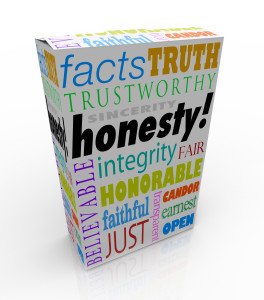
** Third Circuit Affirms That Purported Class Representative Super Bowl Ticket Buyers Do Not Have Standing To Sue For NFL Ticket Practices That “Forced” Them to Buy Scalped Secondary Market Tickets **
By: Brent E. Johnson
In 2014 a purported class action representatives purchased tickets to the 2014 Super Bowl held at the Meadowlands Stadium in New Jersey – at a price of $2,000.00 each (even though their face value was around $800.00). Finkelman v. Nat’l Football League, No. 15-1435, 2016 WL 158507, at *1 (3d Cir. Jan. 14, 2016). Plaintiff alleged that the NFL distributed 99% of tickets to teams, sponsors and the media and that the shortage of general public tickets caused the inflated price. Id. He further alleged that New Jersey’s Consumer Fraud Act (N.J. Stat. Ann § 56.8-35.1) in particular the provisions that make it unlawful to withhold more than 5% of tickets to an event from the general public – was violated by the NFL’s ticket allocation practices. Id. Plaintiff sued on the theory that this alleged violation of New Jersey law caused him to miss out on a face value ticket and thus forced him onto the inflated secondary market – with the difference between the two prices being his “injury.” Id. On the NFL’s motion to dismiss, however, the District Court agreed that there was no Article III standing. Id. The Third Circuit affirmed – outlining that Article III requires a fairly traceable injury – i.e. “but for” causation – and the court could not say that but for the NFL’s restrictions Plaintiff still would have been able to buy a face value ticket. Indeed, the court said that “demand for Super Bowl tickets so far exceed
s supply that [Plaintiff’s] probability of obtaining a face-price ticket in a public sale would have been effectively nil regardless of the NFL’s ticketing practices.” Id. at *8. Further, the court disagreed that it could determine whether the high market price was caused by the NFL – “[t]o state the problem succinctly: we have no way of knowing whether the NFL’s withholding of tickets would have had the effect of increasing or decreasing prices on the secondary market . . . [w]e can only speculate—and speculation is not enough to sustain Article III standing.” Id. at 10. A second purported class representative did not buy a ticket to the Super Bowl – his allegation was that he was dissuaded from doing so because of the high resale price – and that lost opportunity was his “injury”. Id. at *6. This position on standing was treated with greater incredulity by the Third Circuit – the court concluding that Plaintiff’s lack of standing is not a hard call: “[i]f the Court were to credit [plaintiff’s] concept of injury, everyone who contemplated buying a Super Bowl ticket but decided against it would have standing to bring a claim under the Ticket Law. Article III is simply not that expansive.” Id. With no standing – to either purported class representative – the Third Circuit affirmed the dismissal.





